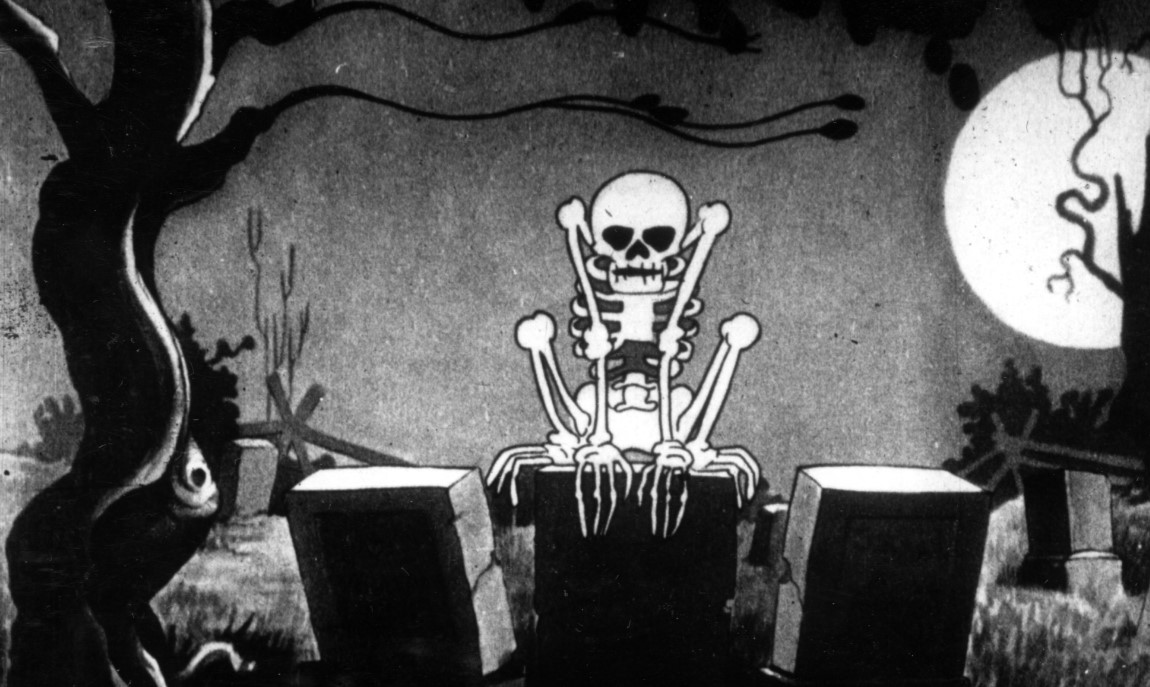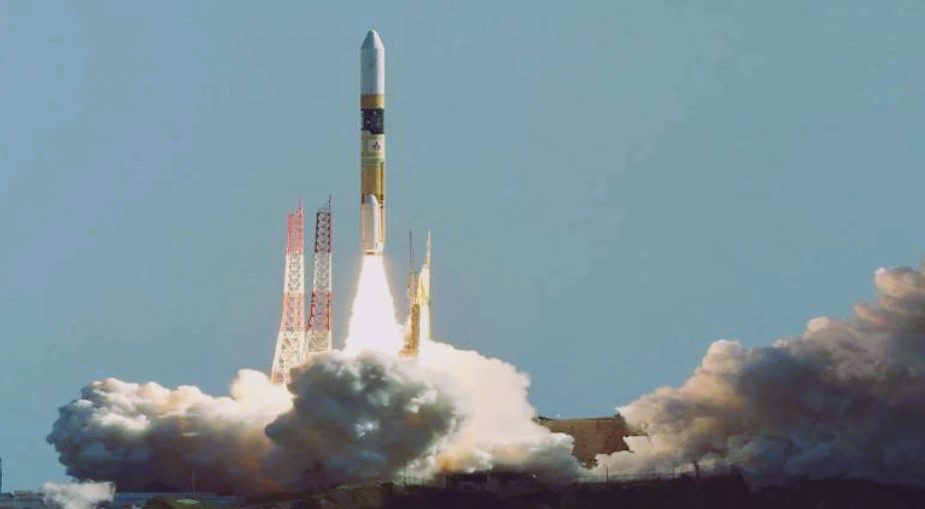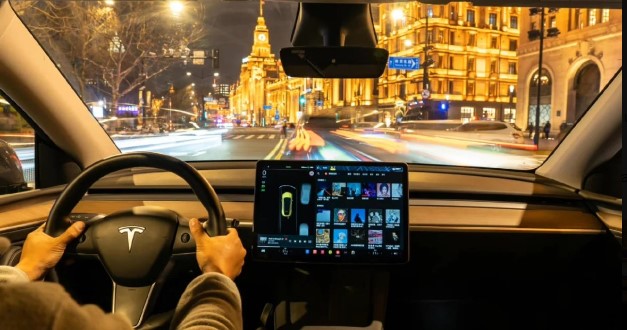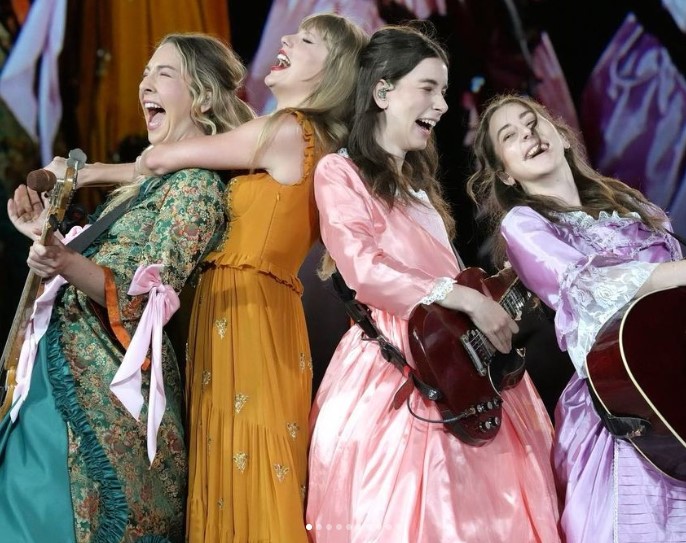Walt Disney Channels Pulled from Charter's Spectrum Service in Fee Dispute: Impact and Implications
Walter Elias Disney comes with the production of cartoons to the world. And world really appreciates his hard work and entertainment. Most Awards and Revenue generated by Walt Disney are really top of the world...

Walt Disney, American Film and Cartoons (Mickey Mouse and Donald Duck), producer, 26 Academy Awards; 3 Golden Globe Awards and 1 Emmy Award. Via Google Images
Introduction
In a high-stakes showdown, Charter Communications' Spectrum pay-TV service has experienced a major blackout of Walt Disney-owned channels, including ESPN and ABC. This dispute, revolving around carriage fees and terms, has disrupted service for nearly 15 million subscribers nationwide, raising concerns about the future of cable TV and streaming services.
The blackout took effect just moments before the kickoff of a highly anticipated college football game between the Utah Utes and Florida Gators on ESPN. Additionally, it occurred during Spanish tennis sensation Carlos Alcaraz's match at the U.S. Open in New York, which was being broadcast on ESPN2. This sudden disruption infuriated sports fans across the country.
Local Spectrum users who rely on ABC broadcasts for popular series such as "Jeopardy!" and "Wheel of Fortune," as well as KABC-Station 7's "Onlooker News," were inaccessible. Besides, the blackout harmonized with the beginning of the NFL customary season, generally the most-observed programming on television. Other affected channels include FX, Freeform, Disney Channel, and National Geographic.
Disney's Response:
"We've been in ongoing negotiations with Charter Communications for some time and have not yet agreed to a new market-based agreement," Disney responded to the blackout"As a result, Range television subscribers no longer have access to our unparalleled offering of live sports and news coverage, as well as programming for children, families, and general entertainment."
Charter Spectrum is the largest pay-TV provider in the Los Angeles region, boasting over 5 million customers in California alone, representing a third of its total nationwide subscriber base.
The Dispute and its Implications:
The timing of the blackout, occurring shortly before the NFL season's commencement and during college football's first full weekend, highlights the gravity of the situation. However, the resolution of this dispute remains uncertain, raising questions about the cable TV industry's future and its relationship with streaming services.
Charter's Chief Executive, Christopher Winfrey, emphasized the need for a quick resolution. He indicated that Disney must provide Charter with greater flexibility in how it offers Disney's channels on Spectrum. If an agreement is not reached soon, Charter is prepared to move forward without Disney's channels, even if it results in subscriber losses and accelerates the ongoing trend of cord-cutting, which has already disrupted the television business model.
"We're either moving forward with a new collaborative video model, or we're moving on," this is What Winfrey said. We're on the verge of a cliff... "The video ecosystem is shattered."
This dispute poses significant challenges for Disney and its Chief Executive, Bob Iger, who has faced numerous challenges, including labor strikes and the shift to direct-to-consumer streaming services since his return to the company in November. While Disney is exploring options for entering the streaming era, the older cable and satellite business remains a vital source of revenue.
Cable Programming Fees:
The financial foundation of traditional entertainment companies like Disney lies in the monthly programming fees that Charter and other distributors pay to carry their channels. Charter revealed plans to pay Disney a substantial $2.2 billion for its programming this year alone. ESPN, one of Disney's flagship networks, has long held sway in securing premium rates from pay-TV providers. These networks are often regarded as "must-have" channels, compelling providers to pay top dollar, estimated at around $9 per month per subscriber home for ESPN channels.
However, not all cable customers are avid sports enthusiasts, leading to a contentious issue. Under the existing model, subscribers are obliged to pay for ESPN and other costly sports channels, resulting in a surge in cord-cutting as viewers flock to more affordable streaming services. Over the last five years, approximately 25 million U.S. subscribers have terminated their cable subscriptions, constituting nearly a quarter of all subscribers, as highlighted by Charter.
Charter's Vision for Change:
Charter is pressing for flexibility in its offerings, aiming to cater to different customer segments. The company wants to provide "slimmer," less expensive packages without the inclusion of ESPN and other sports channels to attract viewers who are not interested in sports. Simultaneously, Charter wishes to offer comprehensive packages that do include sports channels for sports enthusiasts.
Disney's Response:
Disney countered Charter's claims, asserting that they had offered favorable terms and proposed creative solutions to make Disney's direct-to-consumer services accessible to Spectrum TV subscribers. Disney emphasized its commitment to reaching a mutually agreed-upon resolution with Charter.
The Dispute's Impact on Wall Street:
The repercussions of this dispute have reverberated on Wall Street, with Disney's stock plummeting by 2.4% to $81.64 per share, and Charter's shares declining by 3.6% to $422.32.
The Broader Cable Fee Dispute Landscape:
Cable fee disputes have become increasingly commonplace as cable companies grapple with rising expenses. Cable and satellite TV operators are concerned that significant price hikes will only accelerate the shift of subscribers to streaming platforms. The Charter Spectrum blackout is not an isolated incident, as since early July, DirecTV customers have been without Nexstar TV stations, including KTLA-TV Channel 5 in Los Angeles. Texas-based Nexstar Media Group's shares have tumbled by 13% to $141.50.
The Future of Cable TV and Streaming:
The outcome of the Spectrum blackout dispute is of significant interest as the television industry navigates a rapidly changing landscape. As the NFL season and college football games approach, Spectrum viewers face uncertainty, and the outcome could potentially reshape the industry.
Negotiations
Disney and Charter are expected to resume negotiations to reach a resolution, but the ongoing challenges facing cable TV and the shift towards streaming services continue to raise fundamental questions about the future of the television entertainment landscape.



